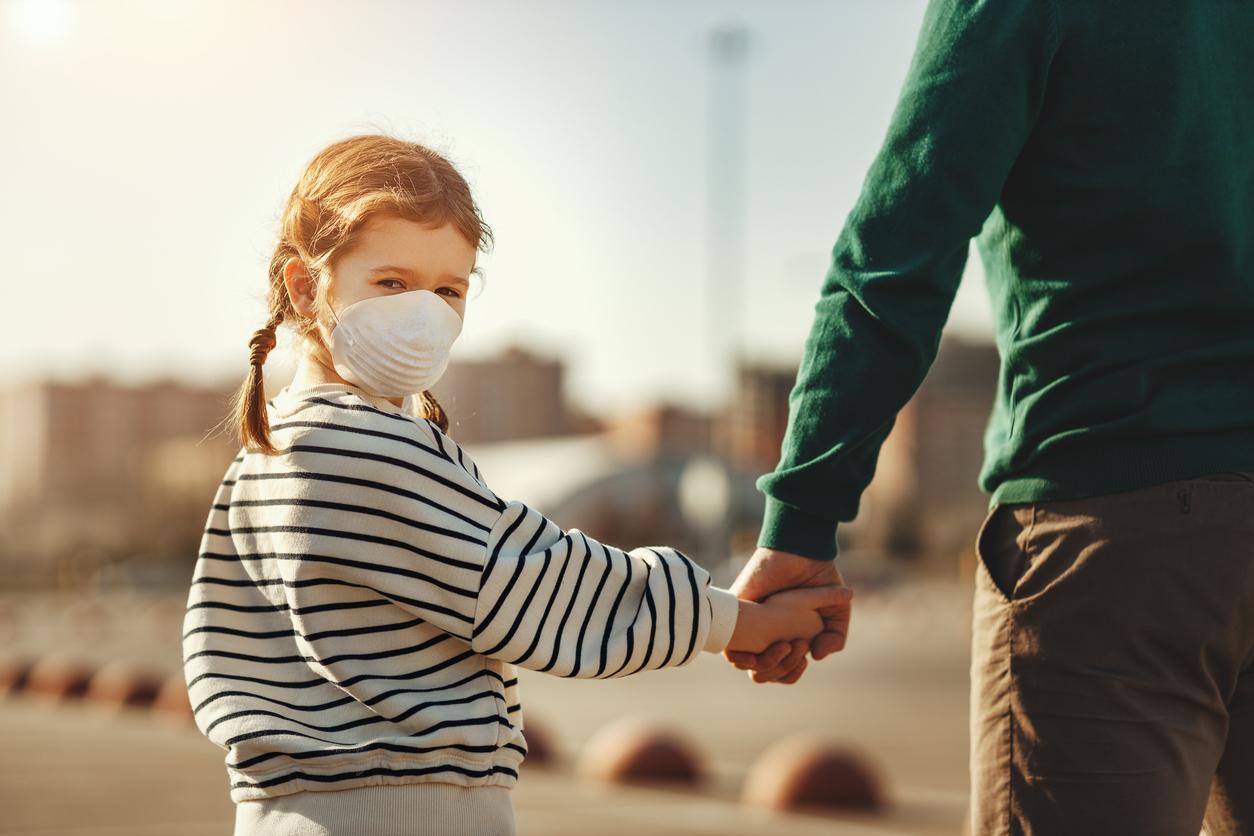The safety and well-being of children is a top priority for all parents. What if they reveal that they have been assaulted?

- To prevent sexual abuse, communication with children is key.
- We must open a respectful dialogue and find a good balance between giving the essential information to protect ourselves and avoiding creating excessive fears.
- If a child tells you that they have been abused, try as much as possible to react calmly. Be supportive and assure him that what happened wasn’t his fault.
- If a child tells you that they have been abused, try as much as possible to react calmly. Be supportive and assure him that what happened wasn’t his fault. Finally, contact the police.
Even if it is necessary, the prevention of sexual abuse is one of the most sensitive subjects to discuss with your child. By opening a respectful dialogue, you can educate them about potential risks and guide them to better protect themselves.
Sexual abuse: how to start a conversation about the risks with your child?
To prevent sexual abuse, communication is key. However, it is important to find the right balance between the information you give without instilling excessive fear.
An honest and calm discussion can allow the child to understand risky situations while maintaining trust and avoiding dramatization. You can ask open-ended questions to help start the discussion, such as “what would you do if…?” to help him share his thoughts on potentially dangerous situations.
Also remember that most sexual abuse is perpetrated by people known to the child. Talking about it is also helping him know how to protect his bodily integrity and therefore his safety. You can for example:
– Use metaphors: “Your body is like a house that you have to keep safe. Only people you trust can enter.”
– Identify private parts: teach him the private parts of his body, which no one should touch, unless it is a doctor or a parent for health reasons.
– The “right to say no”: teach him that he has the right to say no to any situation that makes him uncomfortable, even if it is an adult who asks him for something.
– Create scenarios: invent fictitious situations where he can decide how to react. For example, “what would you do if someone asked you to show your private parts?”.
– Identify trusted adults: whether parents, teachers or close family members.
What if a child discloses abuse?
A child who tells you about sexual abuse shows you confidence and asks for security. It is therefore essential to listen to him without judging and/or asking too intrusive questions that could influence his speech.
Try as much as possible to react calmly, even if the revelations shock you, and be sure to support him and explain to him that what happened is not his fault. Finally, alert the police for their safety and protection of the child, but also to collect evidence, carry out an investigation and protect other potential victims.
Find out more: “The little book to learn to say NO!” by Dominique de Saint Mars and Serge Bloch.

















